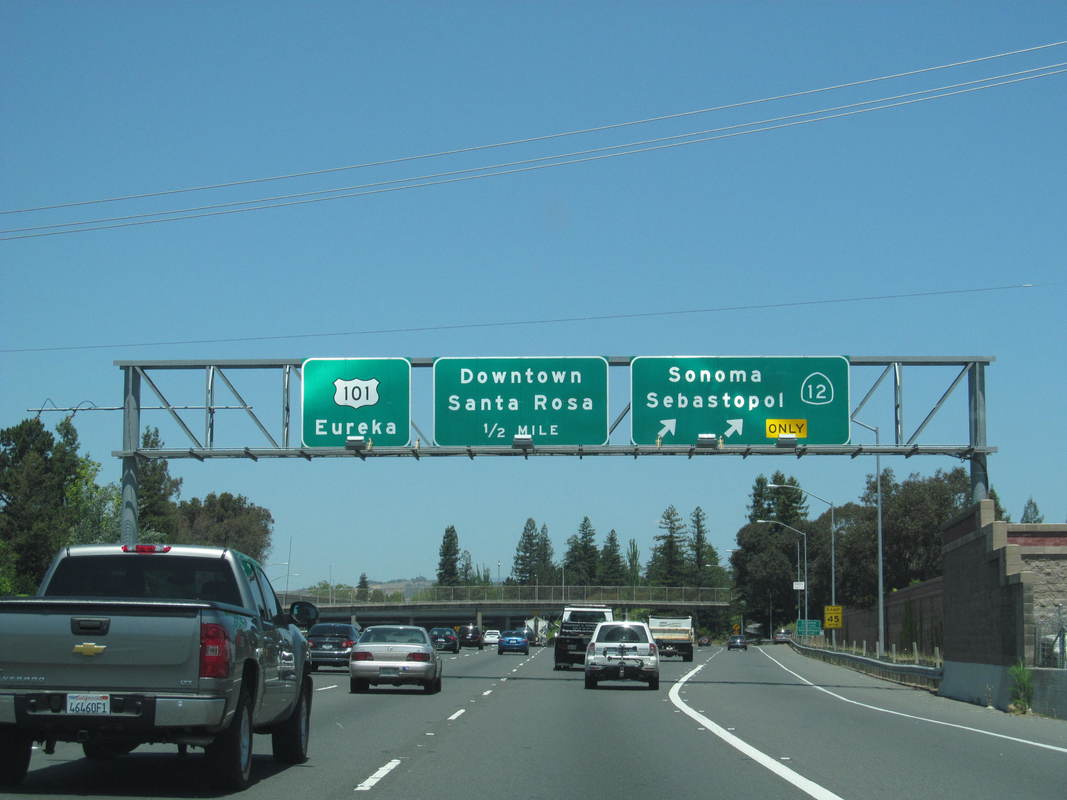|
While most states don’t take such a hard line, California law[1], unfortunately requires doctors to report a patient’s lapse of consciousness to the State Department of Health, which then reports it to the DMV. Under the State’s regulatory framework, which aims to ensure the safety of the public, the DMV is authorized to suspend the driver's driving privilege after receiving such a notification.[2] …And it can be any lapse of consciousness that triggers a suspension; the DMV is authorized to suspend a license for any reason from the patient suffering a seizure all the way down to a person bumping their head, or passing out as a result of being under the influence of a drug. While the DMV generally does not fully suspend a license of driver’s[3] who have (1) just suffered their first lapse of consciousness, (2) have only nocturnal seizures only, or (3) seizures caused by a physician-directed medication change, the DMV retains wide discretion to ensure the driver poses little risk to themselves or others on the road when they are behind the wheel.
Vehicle Code section 12806c, states "The department may refuse to issue to, or renew a driver's license of, any person who has a disorder characterized by lapses of consciousness or who has experienced, within the last three years, either a lapse of consciousness or an episode of marked confusion caused by any condition which may bring about recurrent lapses." When determining whether to place any type of restrictions—right up to a full-blown suspension—on a driver’s driving privilege the DMV usually looks to: (1) Type & frequency of any lapses of consciousness. (2) the reliability of "warning" signals a driver may get in advance of recurring lapses of consciousness, (3) the length of time which has elapsed since the last lapse of consciousness., (4) whether the driver is complying with their medication schedule, and (5) the driver’s driving history. However, all hope is not lost for drivers who have been issued an order of suspension or revocation. If they request a hearing within 10 days of receiving any such orders, the driver is entitled to a hearing. At that hearing, the driver (or their attorney, of course,) can present evidence which demonstrates that the driver does not pose a risk to the safety of other drivers on the road. What the DMV should be looking to assess is whether the driver (1) is afflicted with “a disorder characterized by lapses of consciousness,” (2) experienced, within the last three years, either a lapse of consciousness or an episode of marked confusion caused by any condition which may bring about recurrent lapses, or (3) has any other physical or mental disability, disease, or disorder which could affect the safe operation of a motor vehicle. What this means is that even if there is a determination that the driver has a disorder or disease which could cause lapses of consciousness, the burden is on the DMV to demonstrate that the condition currently affects his or her ability to drive safely. Further, there must be a direct connection between the condition and the driver’s ability to safely operate a car. Perhaps the strongest piece of evidence a driver (or their attorney,) can use to prove that the driver should have their license privilege reinstated is a medical evaluation, which is often documented using the DMV’s form DS 326. The information a doctor would present in that form is comprehensive and directly tailored towards helping the DMV hearing officer understand the nature of the issue which caused the lapse of consciousness. Upon receiving a ruling from the initial hearing officer, a driver is entitled to a DMV review of the decision, but it needs to be noted that that departmental review is limited to a review of the hearing report and any other evidence presented at that hearing, and the driver is not allowed to introduce any new evidence. The driver can also request a court review of the matter through a process known as filing a writ of mandamus, but that review is also narrow in scope, looking only to whether the DMV abused its discretion in suspending the license. If your license has been suspended for medical reasons and you wish to contest the suspension, Devina Douglas would be happy to assist you. [1] Per Health & Safety Code 103900 [2] Other reasons for suspending a driver’s license include:
[3] And instead, just place the driver on medical probation. Comments are closed.
|
AuthorDevina strives to make information relevant to the lives of her clients easily accessible. Archives
July 2024
Categories
All
|
Proudly serving Sonoma, Marin, Napa, Mendocino and Lake Counties (and occasionally venturing as far as Yolo, Santa Clara and San Mateo Counties).
Proudly powered by Weebly
This website is for informational purposes only and does not provide legal advice. Do not act or refrain from acting based on anything you read on this site. Using this site or communicating with the Law Office of Devina Douglas through this site does not form an attorney/client relationship. This site is legal advertising. Please review the full disclaimer for more information. (LINK TO FULL DISCLAIMER PAGE)

 RSS Feed
RSS Feed




